Trump Administration Moves to Halt Federal DEI Programs
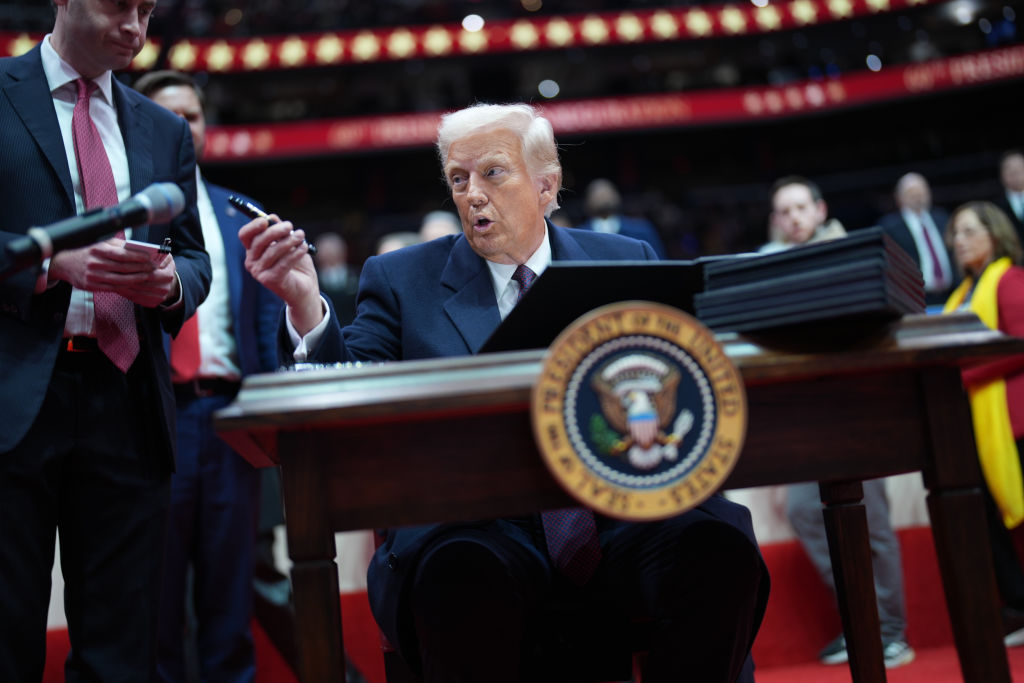
Source: The Washington Post / Getty
Trump Administration Moves to Halt Federal Diversity, Equity, and Inclusion Programs
The Trump administration has taken a bold step in its efforts to dismantle federal diversity, equity, and inclusion (DEI) programs.
On January 21, 2025, an executive order was issued, signaling the beginning of a significant rollback of initiatives aimed at promoting diversity in federal contracting, government employment, and beyond.
This new policy mandates that all DEI staff in federal agencies be placed on leave, with the eventual goal of laying them off.
Additionally, it demands the immediate removal of any public-facing DEI content from government websites and halts any DEI-related training and programs across federal agencies.
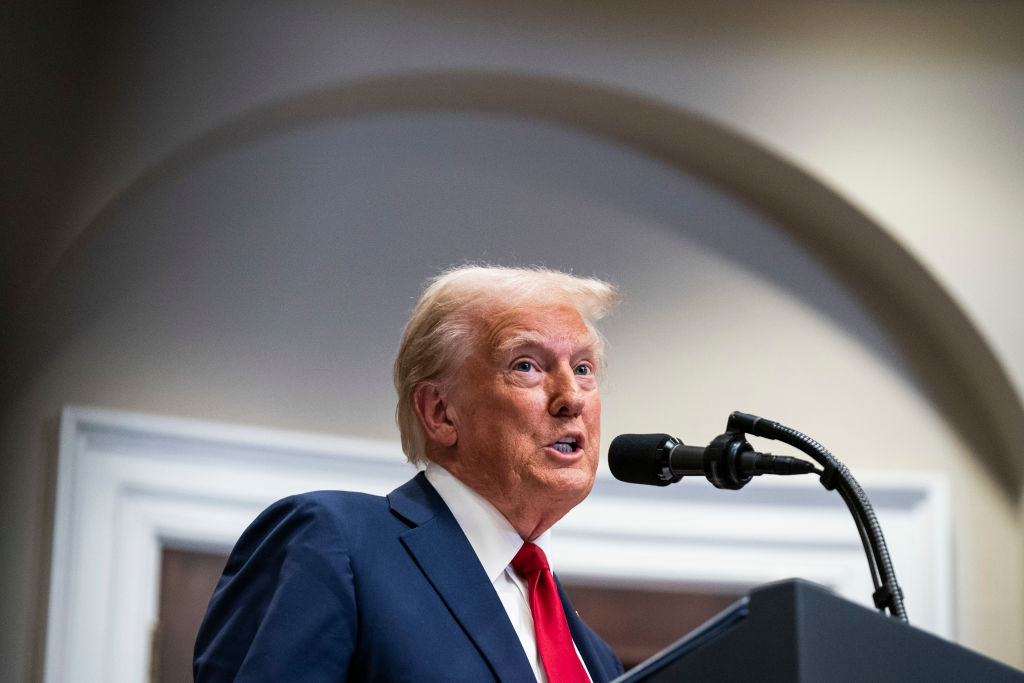
Source: The Washington Post / Getty
What Does This Executive Order Mean?
The executive order targets a wide range of DEI programs that have been a central focus of federal policy under previous administrations, particularly those of President Joe Biden.
Biden’s administration had made efforts to ensure that federal agencies not only embraced diversity but also actively worked to eliminate racial and gender disparities in the workplace. The Trump administration’s latest move aims to undo much of that progress.
One of the most significant aspects of this order is its direct impact on federal contractors and grant recipients. The Trump administration argues that these programs, which often include policies for hiring minority contractors or providing financial assistance to historically underserved communities, amount to “discrimination” and violate merit-based hiring practices.
The order also seeks to dismantle programs that have been put in place to support minority farmers, homeowners, and other underrepresented groups in society.
The move has sparked considerable debate, particularly within communities that have long struggled with systemic inequality.
For many Black Americans and other marginalized groups, these DEI initiatives were seen as essential to addressing the deep-rooted disparities in hiring, pay, and opportunity that have been entrenched for generations.
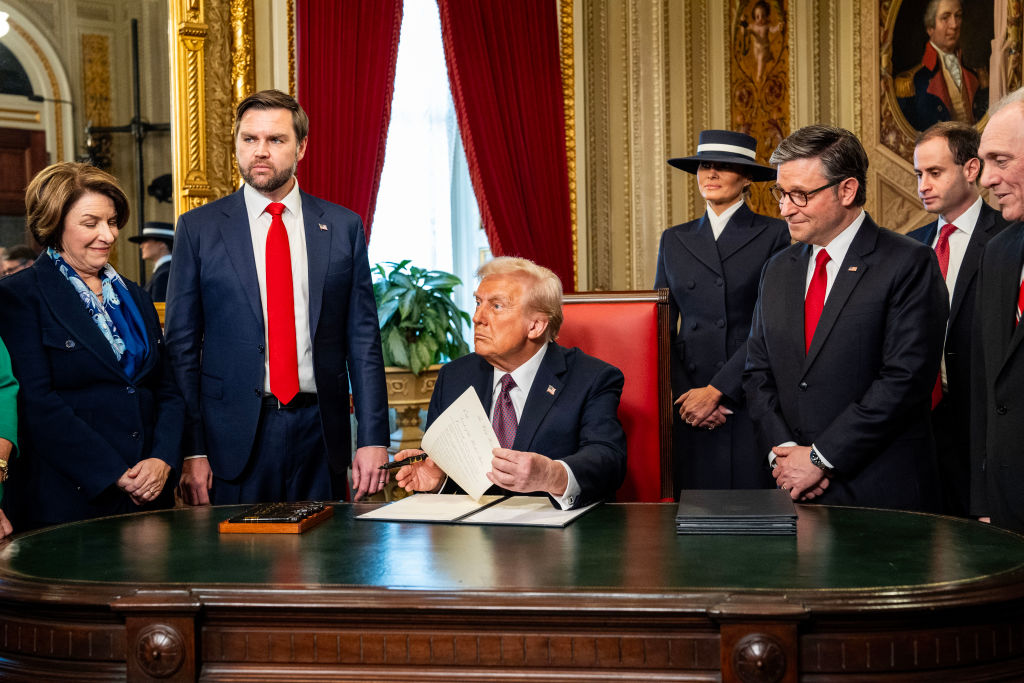
Source: The Washington Post / Getty
A Full Reversal of Biden’s DEI Agenda
Under Biden, there was a concerted effort to promote diversity within the federal government, the country’s largest employer, which includes around 2.4 million workers.
Agencies were required to develop diversity plans, issue annual progress reports, and contribute data to a government-wide dashboard tracking trends in hiring and promotions. Biden also set up a Chief Diversity Officers Council to help oversee the implementation of these DEI strategies.
Trump’s new order effectively erases much of this progress. It mandates that any roles or offices dedicated to diversity and inclusion be eliminated, and it puts an end to any DEI-related training or diversity goals tied to performance reviews.
Additionally, the order demands that federal agencies compile lists of all DEI offices and workers and develop a plan for reducing their numbers.
The impact of this shift is far-reaching. It could mean the loss of crucial support for underrepresented workers in federal agencies, and it raises concerns about the future of diversity initiatives within federal programs that assist marginalized communities, including Black farmers, low-income neighborhoods, and women-owned businesses.
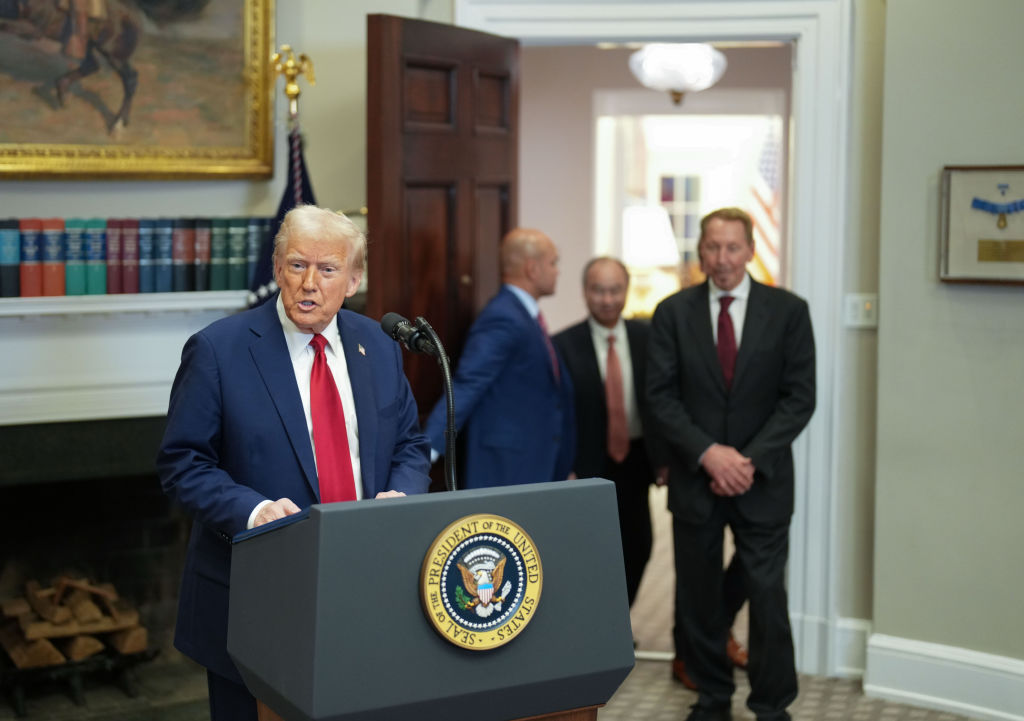
Source: The Washington Post / Getty
The Corporate Pushback
This shift in policy is not happening in a vacuum. Corporate America has been increasingly under pressure from conservative groups to scale back DEI efforts.
Major companies like Walmart and Facebook have already made significant changes to their diversity practices, in some cases ending or scaling back initiatives aimed at increasing representation of racial minorities and women in the workplace.
As Trump’s administration moves forward with its rollback of DEI programs, it is likely that more companies will follow suit, especially as legal challenges against diversity programs in the private sector continue to gain traction.
However, there is some pushback even within the corporate world, particularly from civil rights groups who argue that dismantling these programs will exacerbate existing inequalities.
These groups point to the fact that, in many industries, racial minorities and women are still underrepresented, and DEI initiatives are seen as a key tool in addressing this imbalance.
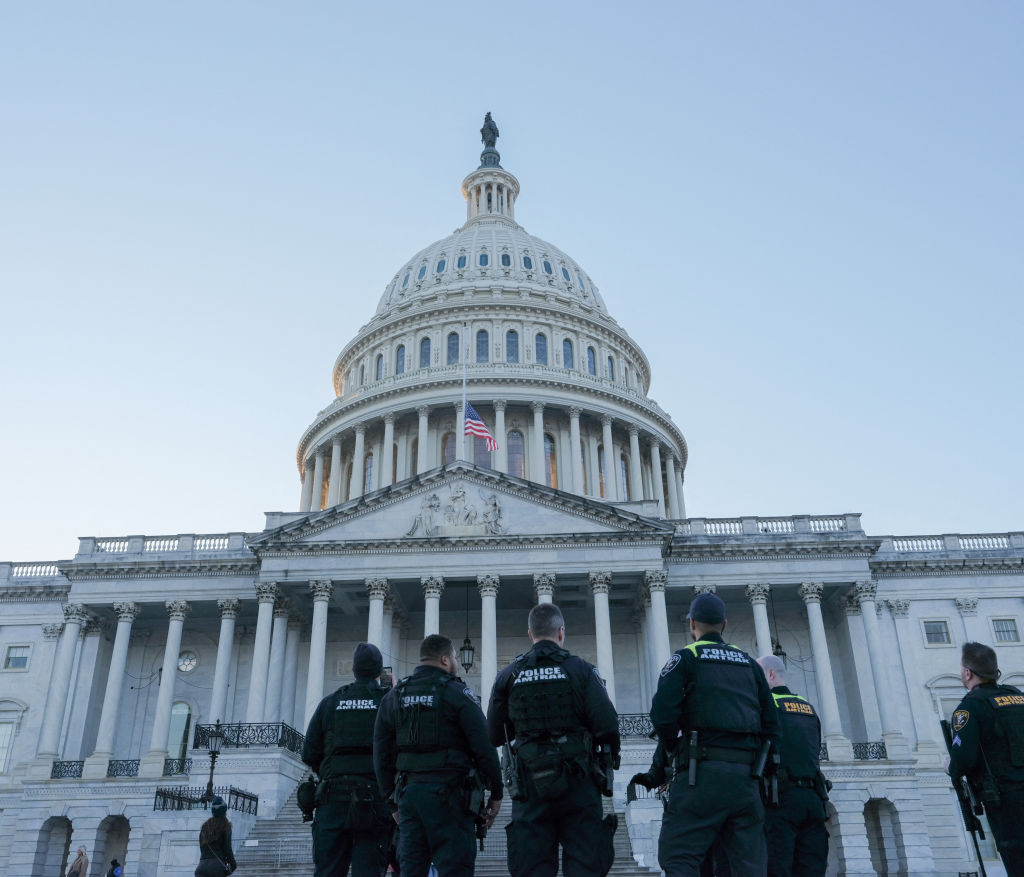
Source: HOSSEIN FATEMI / Getty
What’s Next?
For Black Americans and other people of color, the Trump administration’s move to roll back DEI programs feels like a setback in the ongoing struggle for racial justice and equality.
Historically, Black communities have faced significant barriers in accessing economic opportunities, healthcare, education, and more. DEI programs, while imperfect, represented an attempt to level the playing field and provide some measure of equity.
The Trump administration’s actions also raise concerns about the broader societal impact.
The removal of DEI programs could undermine efforts to create more inclusive workplaces and government institutions.
For those who view these programs as essential for addressing systemic racism and other forms of discrimination, this shift represents a significant regression.
Moreover, it’s worth noting that many of the policies Trump seeks to undo were enacted not just to help people of color, but also to ensure that the federal government reflects the diversity of the nation as a whole.
The push for diversity in federal agencies was not just about race—it also sought to ensure that women, LGBTQ+ individuals, and people from other historically marginalized groups were represented and had an opportunity to succeed.
While the Trump administration has made its intentions clear, implementing these sweeping changes will not be easy. Many of the DEI programs that are being targeted have been in place for years and are deeply integrated into the operations of federal agencies.
For example, the government’s housing and assistance programs are often administered through block grants to states, which have their own methods for implementing diversity criteria.
As a result, the Trump administration may face significant challenges in rolling back these initiatives, especially given the complexities of federal law and the entrenched nature of some of these programs.
Moreover, these changes could face legal challenges from civil rights groups and others who argue that dismantling DEI programs violates the principles of fairness and equality.
RELAED: 5 Of The Weirdest Moments From Donald Trump’s 2025 Inauguration
Trump Administration Moves to Halt Federal DEI Programs was originally published on wtlcfm.com






